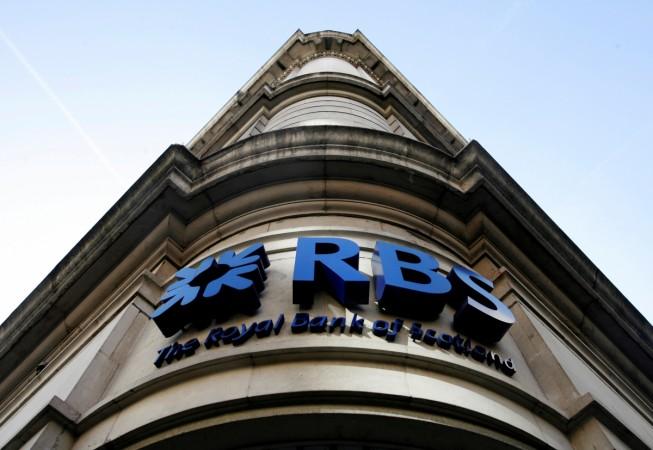
The Royal Bank of Scotland is cutting 443 jobs in the United Kingdom and moving many roles to Mumbai, India. The job cut will mostly affect the department that deals with loans for small businesses, and the decision was reportedly made to cut the rising costs of the company.
Also read: Banks have no liability for loss of valuables in case of theft, says RBI
While a spokesperson for RBS said: "By shipping these jobs to India, RBS will be getting that work done more cheaply at the cost of jobs and livelihoods here in the UK," the company added that even though the department may be moved to India, where the employees are likely to handle back-end jobs, the final decision regarding granting of loans will still be taken by the UK office, reported BBC.
"As we become a simpler, smaller bank, we are making some changes to the way we serve our customers. Unfortunately, these changes will result in the net reduction of 443 roles in the UK," the spokesperson added.
After announcing the job cuts, RBS also said that it would do everything it can to help the affected employees and would even move them to other roles whenever possible.
However, the move affects not just the employees but even the bank's customers who will now have to deal with people in India instead of visiting a branch nearby. "Many small business customers with RBS will be extremely concerned at the idea of local expert staff being sent packing and their roles outsourced to call centres halfway round the world," Mike Cherry, chairman of the Federal of Small Businesses, told the website.

Meanwhile, it looks like RBS is considering some major changes in the way it handles its business. Just last month, the bank had said that it was cutting about 250 technology-related jobs in the UK and outsourcing them to India. The firm moved about 400 jobs to India last year, which included about 300 roles in the investment banking division.
The company has often been slammed for moving jobs to India. While one of the reasons is that it leads to job losses in the UK, many believe that the firm would not have been able to survive had the British government refused to pay the £45 billion as a bailout in 2008.

















